
Drug Tests: What You Need To Know
Drug tests range from a nuisance to potentially life-changing. If you're using drugs, and people really want to know, there are ways to find out. However, learning about the process can help you navigate it without giving up all of your personal freedom. Find out what you need to consider before, during, and after a drug test.
No one wants to take a drug test, even if they have nothing in their system. Unfortunately, drug screenings are a part of many people’s reality. With that in mind, follow along as we break down some key information and tips to consider before, during, and after a drug test.
Before a drug test

Drug testing is a practice that can occur for a number of reasons, from testing athletes for performance-enhancing drugs to screening individuals under police investigation. Most people subject to drug testing, however, are required to do so for employment. Workplace drug testing varies from country to country, and industry to industry.
In the US, for example, many companies test their employees or potential employees no matter the role. And many will fire or discipline on the spot if any illicit drugs are found in someone's system. In the UK and Europe, workplace drug testing is less widespread and tends to be limited to a few industries. Industries in which you are likely to be drug tested are:
- Transport
- Police
- Military
- Sport
- Intelligence/national security
- As part of parole
Beyond these more commonplace instances, there are a couple of other reasons they could occur:
- Post-accident drug testing
- As part of a police investigation
- Potentially in school
Types of drug testing
Drug tests come in several different forms, each with its own degree of ease and efficacy. By far the most common is a urine drug test. Urine screenings are also the cheapest, and can only indicate very recent use for the vast majority of drugs (which makes beating them easier than with other testing methods). The exception to this is cannabis, which can be present in urine for up to 11 weeks after use. Stoners beware!
What are drug tests looking for?
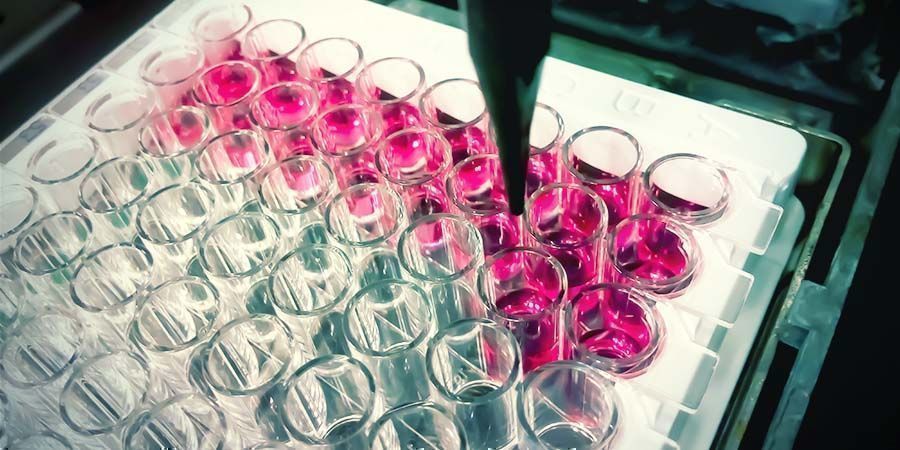
To answer this question in depth, we’ll first ask what drug tests are looking for, and second, how good they are at identifying particular substances.
Different types of tests look for different indications of drug use. For example, a urine drug test, or, more accurately, a urine screening, looks for drug metabolites. Metabolites are the “leftovers” present after a drug is metabolised. These tests use antibodies that attach to relevant metabolites, after which an ELISA test is used to reveal which, if any, have found something to latch onto.
Most screenings use this method. However, more advanced tests use more rigorous and telling methods. More on this later.
Technically, almost any drug can be tested for with the appropriate method. In reality, though, the vast majority of tests are looking to identify the following substances:
- Cannabinoids (particularly THC)
- Cocaine
- Amphetamines (speed, MDMA, meth, etc.)
- Opiates (heroin, opium, morphine, and codeine)
- PCP
How long do drugs stay in your system?
This is a difficult question to answer, as not only does the timescale differ between drugs, but the testing method matters a lot too. Moreover, metabolism, body fat, and frequency of use are all factors that affect how long drugs are detectable in your system.
The different drug testing methods
As mentioned, a urine drug screening is the most common, with saliva tests catching up. Below, we break down the different biological samples from which your drug use can be determined.
Urine
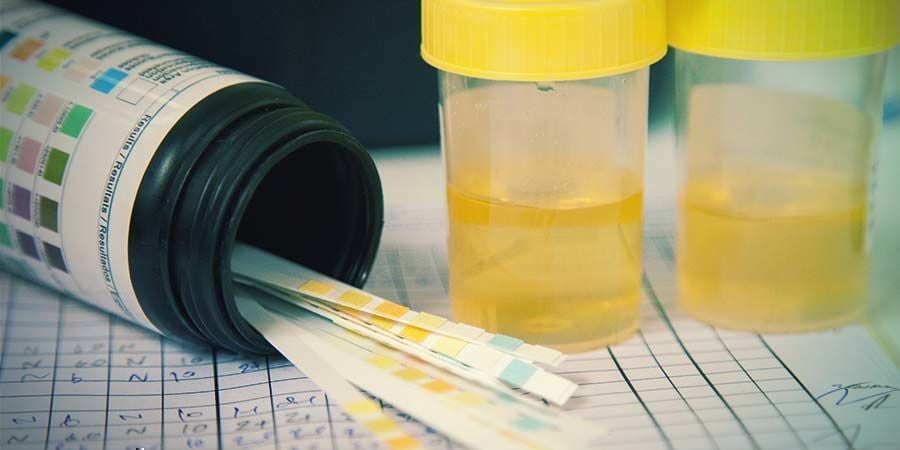
Lovely urine, the excreter of unwanted substances—the great betrayer. In flushing out the metabolised remains of drugs, your urine can unwittingly reveal your drug use.
A urine drug test—aka urinalysis—is generally easy to administer, especially in cases of workplace testing, and can be analysed on the spot or sent off for more rigorous investigation. This is why they are so popular—not to mention their affordability.
The good thing about a urine drug screen is that it is among the easiest to beat, from swapping samples to flushing yourself out beforehand. That said, they are considered fairly invasive due to the nature of the test.
Saliva
Saliva tests are becoming more and more popular as an alternative to urine. Simple to conduct, harder to beat, and considered less invasive, you are more likely to come across them today than in the past. However, they are more expensive than urine tests.
Hair
It’s well-known that the residue of drugs can remain in hair for a very long time; months and months, in fact. Hair tests are unusual in most circumstances, as they need to be sent off to a lab, and as a consequence are fairly expensive.
However, when used, they are very difficult to beat. Hair screenings tend to not be considered invasive, despite requiring a fairly large sample.
Sweat
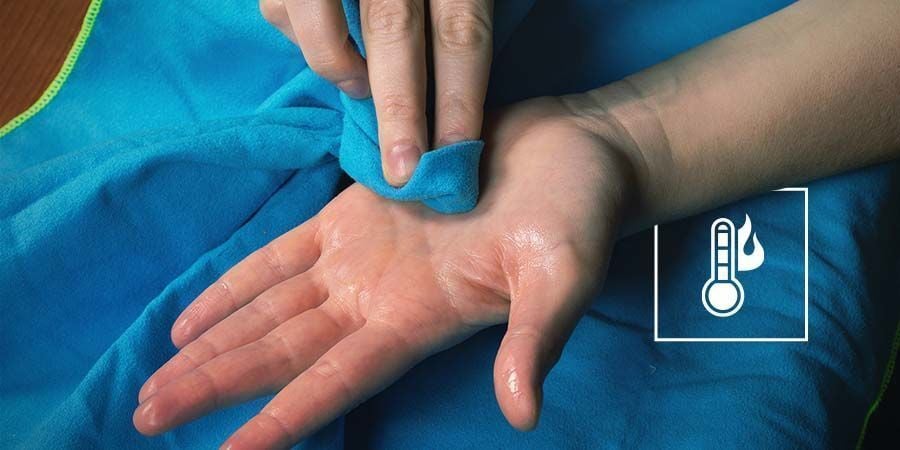
When drug users sweat, especially heavy users, they will excrete telltale signs of those drugs. As such, testing patches are available that collect sweat samples over the course of a day.
There are a few issues with sweat samples, though. First, requiring someone to wear a patch all day is considered by many to be too invasive. Second, due to the patch’s external nature, they are exposed to contamination and therefore less reliable than other methods.
Blood
Blood tests are very effective and very rare. The chances of being required to give a blood sample for a workplace drug test are almost nil. The only instance in which you’re likely to be subject to a blood test is after an accident or as part of a police investigation. Unlike other methods, blood tests screen for the presence of illicit drugs themselves, rather than their metabolites, and thus are only effective to indicate recent drug use.
During a drug test
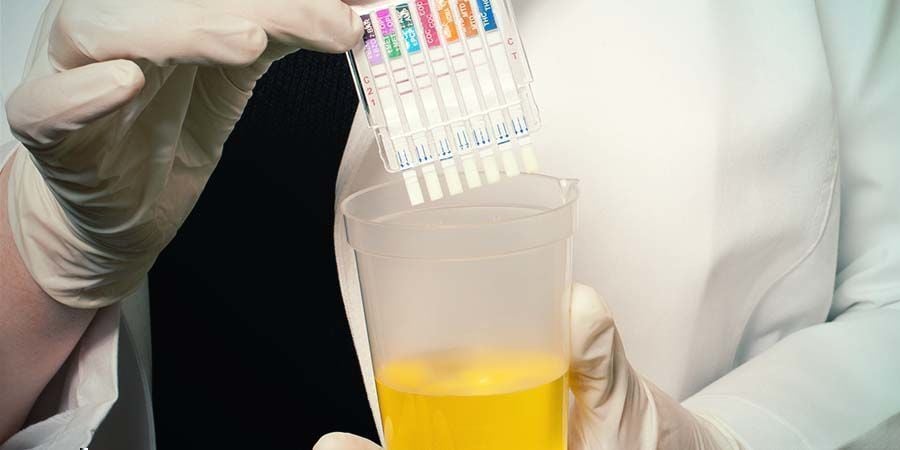
As alluded to above, most drug tests are actually screenings. These are quick, cheap, and, in some cases, can be tricked into rendering a negative result! Most drug screenings will use 5 or 10 panel tests, which will immediately indicate the presence or absence of drug metabolites from the common drugs listed above.
Drug test vs drug screening
Again, drug screenings look for metabolites using antibodies. The results are available in minutes and can be analysed on the spot.
Drug tests also tend to look for metabolites, but these are sent off to a lab for more reliable results. We will explain these confirmation methods shortly.
The drug testing process
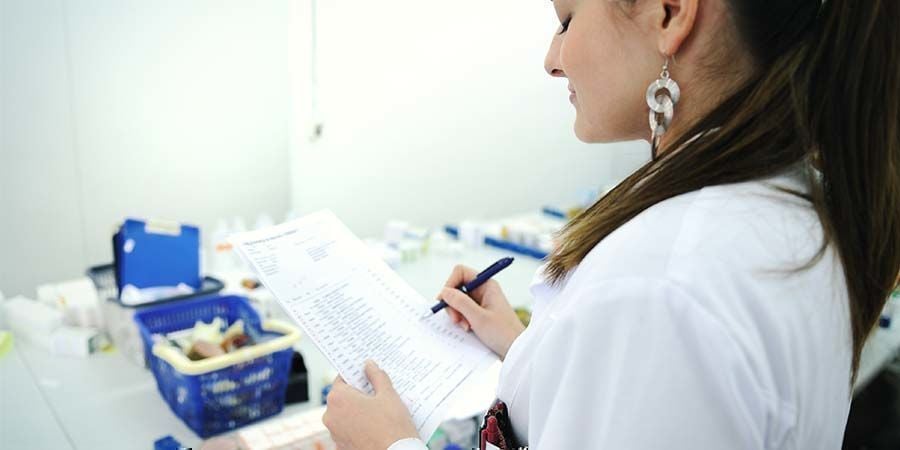
Whether it's a urine, sweat, or saliva sample, the process is very similar for both screenings and tests. In many cases, if a screening shows up positive, it will be sent off to a lab for confirmatory testing.
5 panel drug test
A 5 panel drug test is named so as it looks to identify 5 different types of drugs. As mentioned, these are:
- Cannabinoids (particularly THC)
- Cocaine
- Amphetamines (speed, MDMA, meth, etc.)
- Opiates (heroin, opium, morphine, and codeine)
- PCP
10 panel drug test
A 10 panel drug test, not wishing to shirk convention, is named after its 10 panels, revealing 10 types of substances. Alongside the aforementioned 5, they also screen for:
- Opioids
- Barbiturates
- Benzodiazepines
- Other drugs: phencyclidine, methaqualone, methadone, propoxyphene, etc.
After a drug test
What happens after a drug screening depends on a number of factors. Usually, if it shows up negative, that will be the end of it. However, if it shows up positive, it may be dealt with there and then, or it might be sent off to be verified.
How are drug test results verified?
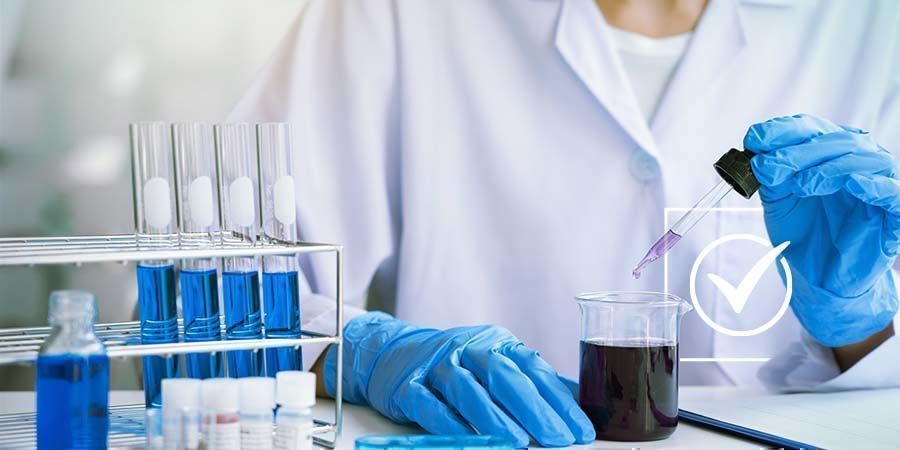
If a screening needs to be verified, there are two methods that are usually employed:
-
Kinetic immunoassay: This uses immune functions to test for drugs. There are several versions; most test for antibodies, but others look for things like the presence of free radicals. Although this method does reveal the presence of drugs, it is not very reliable for indicating exactly when the drugs were taken, and as such often fails to provide sufficient evidence for prosecution.
-
Gas chromatography: In this test, the sample is dissolved in a solvent and vaporized, which separates the analytes. Analytes are constituent parts that indicate which compounds are present. This is an expensive yet highly reliable method for determining the presence of drugs.
What counts as a positive drug test?
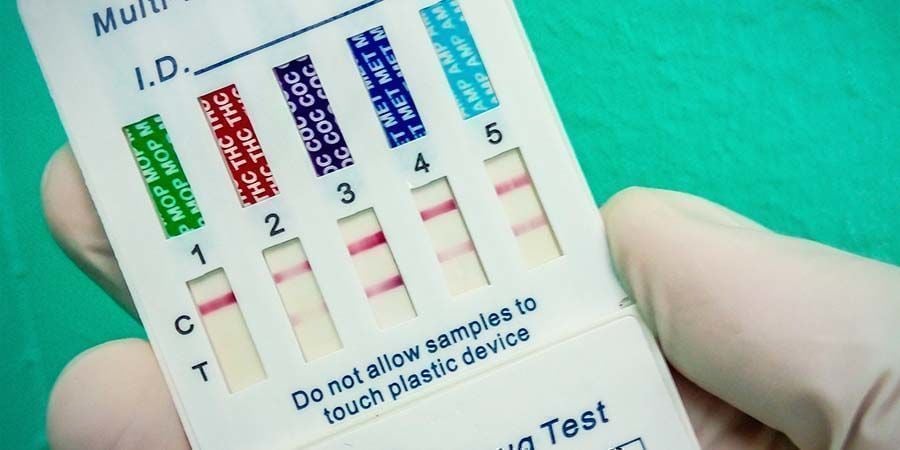
This depends on both the drug test and the drug itself. Drug screenings look for the presence of metabolites, and if they detect them in high-enough quantities, the test is deemed positive. For example, a common threshold for a positive result for THC in urine is 50ng/ml, whereas the number changes to 500ng/ml for amphetamines in urine.
However, exceeding these thresholds doesn’t always necessitate a positive test result. If this is just the first step in the screening, those administering the test may set a unique threshold over which the test is deemed positive. For instance, police investigating a car crash will set thresholds to determine whether or not they think drugs were involved in causing the accident. Drug traces in your system do not necessarily imply that you were impaired when driving, but a huge concentration very well might.
Likewise, some employers only test to check that you’re not under the influence at work, rather than trying to control what you do when you’re at home. Some screenings attempt to account for this and will only show up positive if someone is on drugs at the time. However, these can be unreliable.
Are drug tests confidential?
To a degree, but ultimately not really. The reality is that if someone is testing you for drugs, and you test positive, certain people are going to find out. Good practice, however, states that your personal information is shared with as few people as possible, on a "need-to-know" basis.
Only those directly involved should be informed of the result, and most of these individuals shouldn’t be given details. In terms of workplace drug testing, while your employers, and potentially some other parties relevant to your employment—such as human resources, or in some cases, a substance abuse professional (SAP)—will be informed if you failed, they likely won’t get an in-depth rundown of which drugs you took.
Drug testing hints and tips
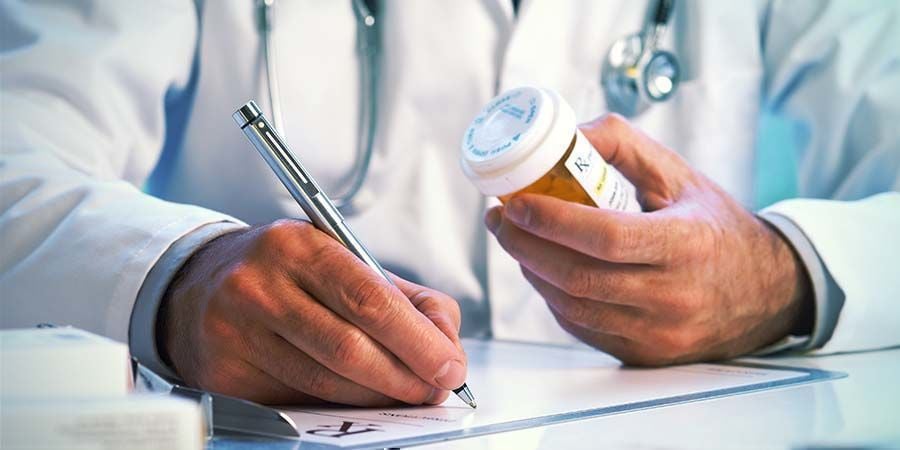
There are some things you can do in the run-up to a drug test to help the results come out in your favour.
What if you’re taking prescription drugs?
You’ll see from the lists above that some tests also detect the presence of prescription medications. This has arisen because of widespread abuse, especially in the US. If you are legitimately taking these prescription medications, perhaps share this information with the appropriate person beforehand so you don’t need to appeal afterward.
Can false positives occur?
False positives can occur, but aren’t too common. This is why screenings are often sent off for further analysis if they show up positive. If you believe you have been given a false positive, request another screening. They are cheap, and the chances of multiple false positives are very slim.
How to resolve a dispute
If you feel that you are being treated unfairly, then you have a few options. First, check your contract and see if drug use is mentioned as an offence. After that, it may be necessary to seek legal advice.
Can you trick a drug test?
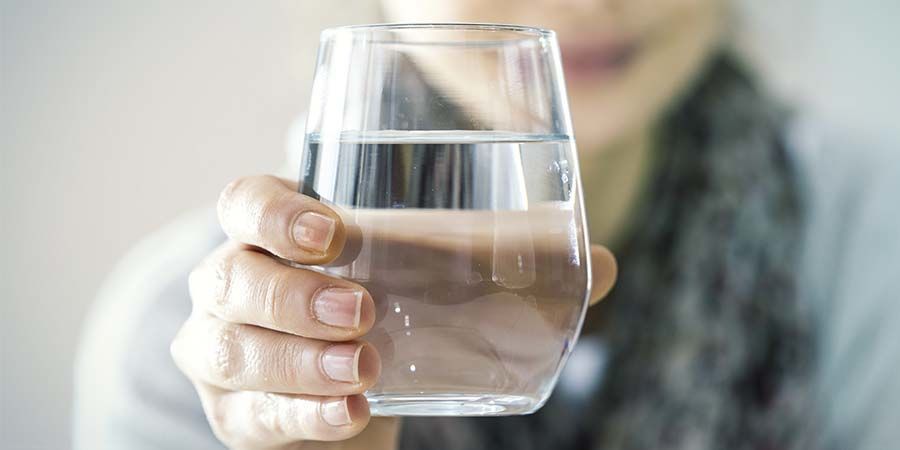
Indeed, it is possible to fake or beat a drug screening, especially a urine drug test. Other methods are far harder to falsify. But for any test, the easiest method is to abstain if you have enough time. For some individuals, though, this may not be an option.
If you intend to somehow adulterate a urine sample, be aware that, if you are caught, the repercussions could be severe. Moreover, though most drug tests in the workplace are probably unfair and unnecessary, this is not always the case, such as with safety-related drug testing. For instance, if you work in transport and are trying to trick a drug test, make sure that your drug use is not endangering others.
With that out of the way, the following methods are often used to prevent a positive result:
-
Detox: Drink plenty of water, cranberry juice, or take some detox products. Be aware that if you are suspected of detoxing, you may be subject to some sort of penalty or another test.
-
Swap the sample: Most tests require you to empty your pockets and leave most of your belongings behind, but it’s probably possible to sneak a fake urine sample in. Be aware that tests require samples to be at body temperature, so a cold jar of urine won’t cut it!
-
Detox the sample: There are also products that you can add to the sample afterward, which should clear it of pesky metabolites. You will need adequate privacy to add these, though.
Knowledge is power when it comes to drug testing
Now that you're more familiar with the ins and outs of drug testing, you can go into the process knowing what you're up against. Although unfortunate, you don't have to let the fear of a screening get you down!
-
 3 min
18 March 2025
Does kratom show up on a drugs test?
More and more people are taking kratom, which means it's becoming more of a concern whether or not it shows up on drug tests. Generally, it won't. But it could! Find out more below.
3 min
18 March 2025
Does kratom show up on a drugs test?
More and more people are taking kratom, which means it's becoming more of a concern whether or not it shows up on drug tests. Generally, it won't. But it could! Find out more below.
-
 7 min
31 January 2025
How To Pass A THC Drug Test (2025)
There's no doubt that a drug test can be an intimidating prospect, but you're in the right place. We cover everything you need to know about THC drug tests, and delve into the various methods, both...
7 min
31 January 2025
How To Pass A THC Drug Test (2025)
There's no doubt that a drug test can be an intimidating prospect, but you're in the right place. We cover everything you need to know about THC drug tests, and delve into the various methods, both...
-
 7 min
4 April 2024
How To Test THC & CBD Levels In Cannabis Products
It's not always necessary to test your weed, but sometimes it is. And other times, you might just be curious to know exactly what your bud contains. Here, we look at two distinct tests that can...
7 min
4 April 2024
How To Test THC & CBD Levels In Cannabis Products
It's not always necessary to test your weed, but sometimes it is. And other times, you might just be curious to know exactly what your bud contains. Here, we look at two distinct tests that can...
-
 7 min
9 March 2023
How Long Does THC Stay In Your System?
Cannabis can stay in your system long after your high has completely faded, meaning you can test positive on a drug test even if you haven't smoked in a while. We'll tell you about the different...
7 min
9 March 2023
How Long Does THC Stay In Your System?
Cannabis can stay in your system long after your high has completely faded, meaning you can test positive on a drug test even if you haven't smoked in a while. We'll tell you about the different...
-
 5 min
1 July 2021
Can CBD Cause You To Fail A Drug Test?
Regular random drug testing is an unfortunate reality for many people. Luckily, taking CBD supplements like oils, tinctures, creams, or edibles shouldn't affect your drug test results. Keep reading...
5 min
1 July 2021
Can CBD Cause You To Fail A Drug Test?
Regular random drug testing is an unfortunate reality for many people. Luckily, taking CBD supplements like oils, tinctures, creams, or edibles shouldn't affect your drug test results. Keep reading...
-
 5 min
8 August 2018
10 Myths About Passing A Urine Drug Test
Passing a urine drug test is an unfortunate necessity for some stoners. Given how long it takes to rid the body of THC, many turn to age-old methods to cheat the screening. We break down the top 10...
5 min
8 August 2018
10 Myths About Passing A Urine Drug Test
Passing a urine drug test is an unfortunate necessity for some stoners. Given how long it takes to rid the body of THC, many turn to age-old methods to cheat the screening. We break down the top 10...













 United States
United States










